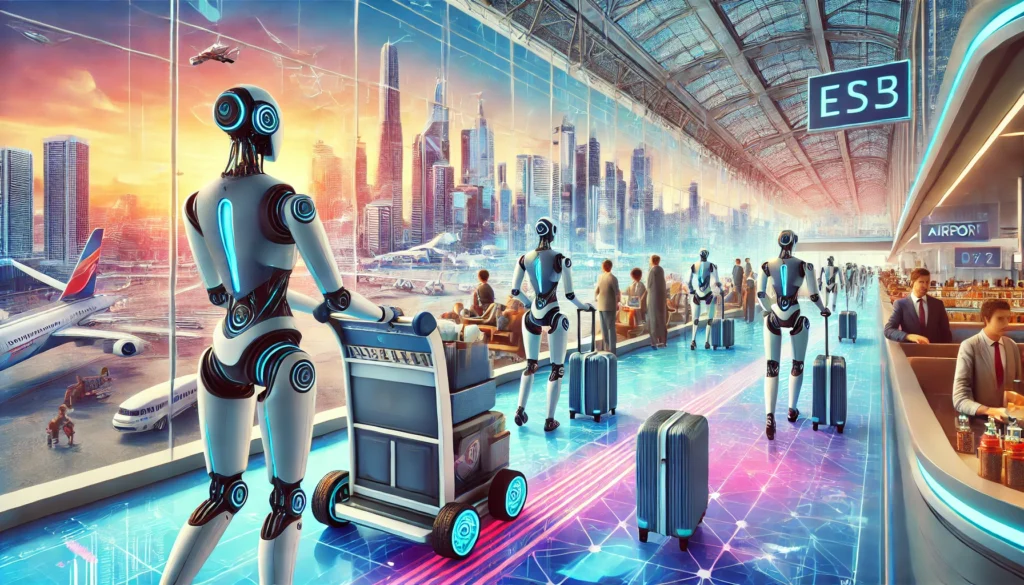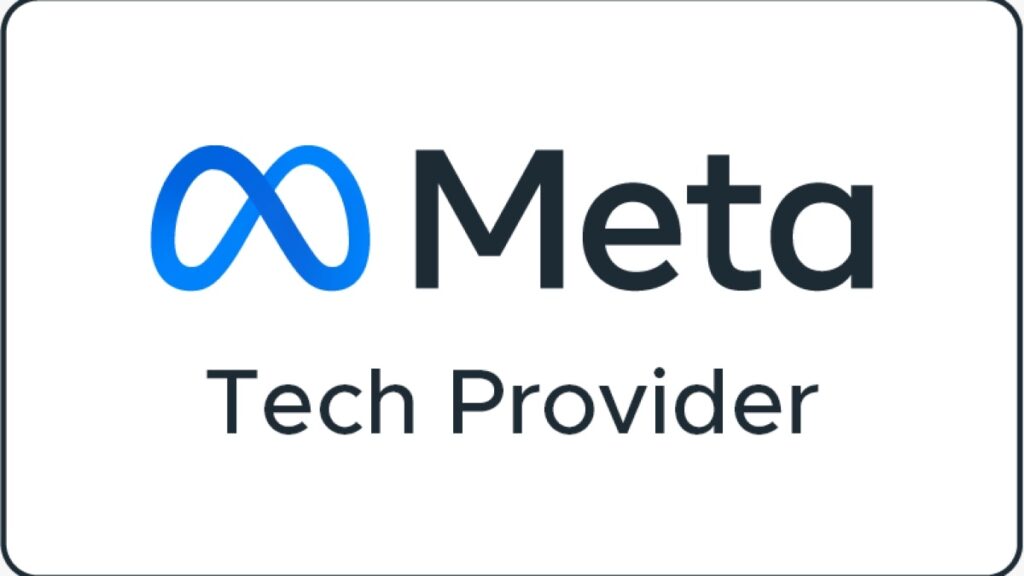Today, the hospitality sector is undergoing a tremendous transformation with many technological innovations significantly altering its operational reality. With so many challenges facing hotel managers in terms of balancing guest satisfaction and operational efficiency, one might ask whether the hotel or indeed the industry is broken. Unfortunately, these problems can’t be solved by human effort or can only be done on a small scale; artificial intelligence (AI) solves them with scalable and sophisticated solutions.

In this analysis we explore the key challenges faced by hotel managers and how AI can be a mechanism for overcoming these issues and increasing guest experience.
- Handling Large Amounts of Guest Inquiries
The Challenge:
Especially during peak travel seasons, hotel managers struggle with a large flow of guest inquiries. Questions related to check in and check out times, amenities and local attractions can create overwhelm to staff resources and hinder service efficiency.
The AI Solution:
Using AI chatbots integrated into WhatsApp platforms are used to automate the responses to common guest inquiries. Key functionalities include:
Instantaneous answers to operational details such as check in times and room service options.
- Provides amenities, spa appointments and dining information.
- Helping out with tailored local recommendations or even with transporting guests.
This automation relieves staff from doing this work, and ensures guests get quick, precise replies and an undisturbed service setting.
- A study of Optimizing Room Occupancy and Revenue Management
The Challenge:
Hotel managers have a perennial problem of how to effectively balance room availability with dynamic pricing to maximize revenue while avoiding overbooking.
The AI Solution:
Revenue management system based on AI collects historical data, market trends and real time demand analytics in order to refine pricing strategies. These tools enable hotel managers to:
- Ability to dynamically adjust room rates to work with market conditions.
- Predict high demand periods appropriately and properly allocate resources accordingly.
- Reduce overbooking risks, whilst maximizing revenue streams.
Such predictive capabilities give hotels the ability to be competitive and improve financial performance.
- Improving Guest Personalization
The Challenge:
With guests increasingly looking for personalized experiences, it is increasingly labor intensive to manually track and manage those preferences.
The AI Solution:
- AI-enabled Customer Relationship Management (CRM) systems empower hotels to deliver personalized guest experiences by:
- Data collection and analysis from previous stays, guest preferences and feedback.
- Personalized room upgrades, dining options, or curated activities.
- Personalized pre-arrival communications powered by AI chatbots make every guest feel valued.
The use of these capabilities helps hotels to exceed guest expectations, build loyalty, and improve the whole guest journey.
- Reducing Operational Inefficiencies
The Challenge:
Areas like housekeeping scheduling and inventory management can be operational inefficient, leading to degraded service quality and inflated costs.
The AI Solution:
- AI-driven tools optimize operational workflows by:
- Predictive occupancy rates based to anticipate housekeeping requirements.
- Inventory tracking of essential supplies like toiletries and linens automation.
- Reducing staff scheduling to conform to moving demand patterns.
These measures have a very positive impact on efficiency, overhead costs, as well as service quality.
- Addressing Labor Shortages
The Challenge:
Despite acute labor shortages, service standards and the operational continuity of the hospitality industry remain compromised.
The AI Solution:
- Robotics and AI systems provide practical solutions to labor deficits by:
- Enabling automated check in and check-out processes via kiosks and mobile platforms.
- Labor shortages can be alleviated by deploying AI chatbots to handle routine guest interactions efficiently.
- Integrating robotic assistants for logistical tasks, like luggage handling and in room delivery.
For a thorough look at how robotics and AI are redefining labor dynamics in the hospitality industry, see our complete blog, “How Robotics & AI is Solving Hospitality’s Labor Problem”.
- Improving Guest Feedback and Reputation Management
The Challenge:
It’s a difficult and resource draining task to monitor and respond to guest feedback across different platforms.
The AI Solution:
AI tools streamline reputation management by:
Will be engaged in the process of analyzing guest reviews and feedback to expose recurring issues and actionable insights.
Locating sentiment analysis reports for churn prediction.
Write personalized responses to reviews and do it proactively to receive reputation boost.
This is a systematic way to address guest concerns in an effective and prompt method that helps the hotel brand image.
Conclusion
The challenges of modern hospitality operations are best overcome by hotel managers with the help of AI. AI automates the routine tasks, optimizes the use of resource, and personalize guest experiences to build a stronger relation with the guest, allowing the manager to shift their focus to the guest service.
From guest personalization to operational efficiency, AI chatbots have become indispensable in the hospitality industry.
It’s time to get started on your path to operational excellence by leveraging AI solutions today. To learn more, dive into our deep dive into the transformative potential of AI in our blog, Reasons Why Your Hotel Needs an AI Reservation Chatbot.
Recent Posts
Recent Comments
Company
Follow Us
Email: contact@theconverseai.com
Phone: +91-9982323333
+91-7023084065
A Product by Revti Digital

